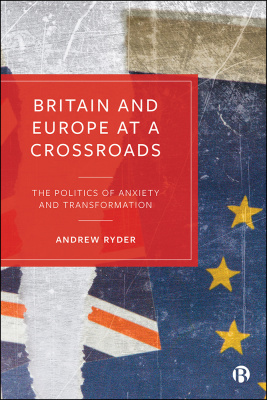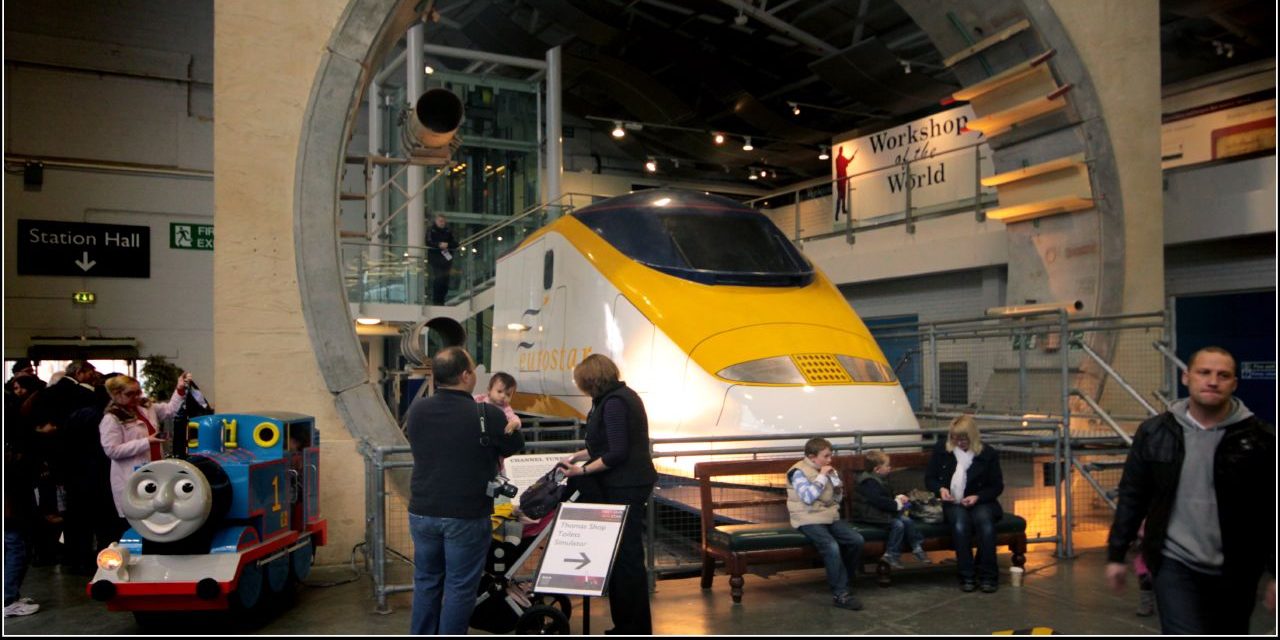This article is based on a research project going on since the 2016 EU referendum, a poll that set in motion a series of cultural and political events that has led to the premiership of Boris Johnson and Britain aligning itself to a new populist style of politics. Andrew Ryder (Corvinus University Budapest) outlines an antidote to these troubled times. His new book ‘Brexit Britain and Europe at a crossroads: The politics of anxiety and transformation’, describes the trajectory of historical, socio-economic and political events that led to Brexit but also identifies a remedy in the form of a ‘radical consensus’.
Britain is not alone in being touched by populism. Trump in the US, Modi in India, Orban in Hungary and Erdogan in Turkey among others are a testament to the potency of nationalist populism. What is populism? Populism is centred on notions of strong leadership, usually a man, who is charismatic even messianic in some cases who is willing to defy liberal convention and ostensibly is prepared to challenge privileged elites, although many populists are part of an elite and in fact actually bolster privilege. Another trait is the demonization of minorities, often through forms of binary thinking that encourage an ‘us’ and ‘them’ mentality. In its darkest form it nurtures paranoia, conspiracy theories but also bombast and a disregard for truth and facts. Populism can be found across the political spectrum on the left and right, but clearly, the right has been more successful. One of the most interesting features has been how the neoliberal right has been able to align closely with forms of nationalism, creating a populist hybrid that seems to offer change, but in reality just more of the same or worse.
We live in an age of turmoil, anxiety and chaos. The COVID-19 pandemic is probably the most cataclysmic event of the post-war in terms of the death toll but also the economic downturn it has prompted which is said will be comparable to the Great Depression of the 1930s. The world is not in good shape to meet these challenges. The Washington Consensus and relentless march of neoliberalism have created a wider gulf between the rich and poor and created a pool of resentment that demagogues have manipulated, neoliberalism has also left many states ill-equipped to meet the crisis through forms of state intervention. Services have been run down, privatised and orientated on a business rather than public service model Furthermore, in some states, populist leaders with their disdain for detail in a ‘post-truth’ political age are floundering in attempts to control the virus and communicate coherent instructions on public health, Trump and Bolsonaro come to mind in particular in this respect. The pandemic has the propensity to push us deeper into crisis or act as a catalyst to radical changes that question, challenge and reverse the core tenets of neoliberalism.

In my book, I outline the need for a renewed social contract, providing decent jobs and services and dissipating the anger and resentment that has fuelled so much of our present-day instability. The European Union in its COVID-19 rescue package has taken some tentative steps in this direction with its offer of relief and loans, that redistributes from richer to poorer states and sees the EU willing to borrow to ‘prime the pump’ spend their way out of recession to stimulate demand and confidence. The proposed rescue package may be too small for the task in hand, but it does signal a change of mindset that can be built upon. For too long the EU has focused on the interests of the market to the neglect of the social, and that balance now urgently needs to be addressed through a ‘New Social Europe’. Can Britain do the same?

As Britain heads towards the end of the transition period and a likely ‘no-deal Brexit’ Britain will be left highly vulnerable given a huge share of our trade is with the EU. Despite Boris Johnson’s claims to be aligned with ‘One Nation’ Toryism and desire to rejuvenate left behind communities experiencing economic decline, the reality is that an isolated Britain will try to generate income by competing with the EU in a hyperglobalist ‘race to the bottom’ Brexit where pay and conditions for workers are sacrificed and in turn Britain will become a kind of tax haven for the rich. What is the solution?
Britain should negotiate as close a relationship as it can with the EU, it is unlikely Johnson will achieve this so it will probably fall to a future government. However, we also need deep structural change with a new social contract based on progressive taxation but also social enterprise and forms of statism to help left-behind communities, ultimately and if the EU continues on its present Social Europe trajectory then Britain will need to consider re-joining at some future point.
However, the political system also needs fixing. Representative judgement is a conception of politics where politicians question and even defy the mood and passion of the mass at a given moment, facing down populist furores rather than surfing such waves of opinion. Deliberative forms of politics where issues can be discussed in local or regional forums or citizens assembles can feed into formal decision making and reconnect political elites with public opinion. The extension of forms of proportional representation to Westminster may be crucial in developing a more deliberative form of politics that will dilute the hegemony of the two-party system, where the two major parties, normally the Conservatives get their own way all the time. We also need to look at how we teach current affairs in school and do more to nurture a balanced, fair and open media, this will necessitate stricter ethical codes and limits on the number of media outlets owned by foreign interests. In other words the Murdoch media group’s influence on British politics needs to be checked.
In conclusion, I am making the case for transformational change in the economic, social and public sphere. A radical consensus where deep structural change occurs through deliberation and dialogue rather than dated revolutionary rhetoric, factionalism and clenched fists. I and many others want to see a gentle revolution like that of the post-war Labour and Conservatives governments which rejected the laissez-faire approach to government of the 1930s and developed the welfare state and a radical consensus behind it. I am not advocating a strict return to the politics of 1945 to 1975, there were indeed flaws such as overt bureaucracy, top-down governance and lethargy in the pace of reform that need to be avoided. However, there was an acceptance of social justice and intervention which if it had not been interrupted by the advent of neoliberalism could have created a far better world than the one we live in today. Its time to return to a new politics of radical consensus.
This post represents the views of the author and not those of the Brexit blog, nor the LSE.







This guy is writing books about things he doesn’t understand.
Misleading title. This has nothing to do with appeasing brexiters. It is about re-building the consensus of progressives at the centre and centre-left. Broadly agree although we shouldn’t give up on the possibility of a return to the EU earlier than Ryder suggests.
Lazy, lazy thinking, with assertions and conclusions that aren’t supported.